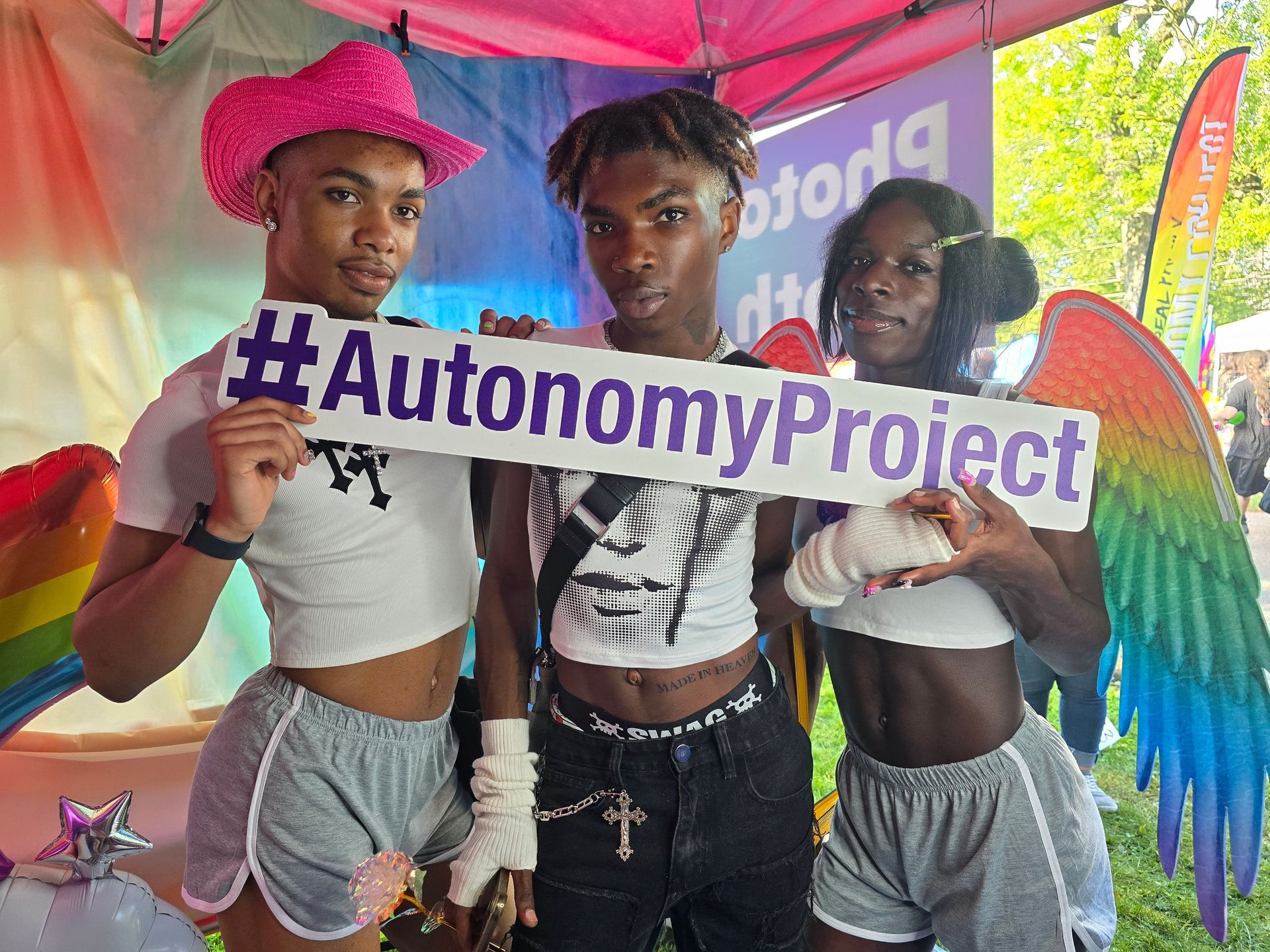10 Myths About Sex Work and the Realities Behind Them
10 Myths About Sex Work and the Realities Behind Them

Sex work has always attracted stigma. What has changed is the packaging. Instead of pearl clutching sermons about sin, we now get arguments dressed up as concern for safety, empowerment, or public health. It sounds more polished, but the bones of the judgment have not moved an inch.
Here are ten of the most common myths about sex work and the realities that cut through them.
myths about sex work
1. “It’s not empowering, it’s exploitative.”
Apparently empowerment only counts when it fits someone else’s idea of success. For many, sex work offers financial independence, flexible schedules, and the ability to set their own standards. If exploitation exists, it comes from denying workers rights, not from the work itself.
2. “Everyone in sex work must have trauma.”
This one is popular with armchair psychologists. Some sex workers have trauma. Others do not. Just like every other field. Pretending trauma cancels out agency is a way of saying you do not trust people to know their own minds.
3. “It fuels human trafficking.”
Conflating consensual sex work with trafficking is a convenient way to avoid actually addressing trafficking. Criminalizing workers does not save victims. It buries them. Decriminalization is what separates choice from coercion.
4. “Online sex work is ruining young people’s lives.”
Translation: people making money off their own sexuality makes me uncomfortable. Digital platforms have given workers more control than ever. Some will move on later, just like in any job. That is not a tragedy. That is life.
5. “It encourages unhealthy sexual attitudes.”
What actually encourages unhealthy attitudes is the lack of real sex education and an allergy to honest conversation about consent. Many sex workers model negotiation and boundaries better than anything you will find on dating apps.
6. “It’s not a sustainable job.”
Plenty of jobs are not lifelong careers. Athletes, models, and soldiers all have limited windows of physical or financial viability, but no one questions their legitimacy. Sex workers also diversify, save, and shift paths. That is called being an adult.
7. “It’s unsafe.”
Sex work is unsafe in the same way bicycling is unsafe. It depends entirely on the conditions around it. Where sex work is decriminalized, safety improves dramatically. The real danger is stigma and criminalization, not the job itself.
8. “It makes society more misogynistic.”
Sexism, queerphobia, and violence existed long before sex work and will outlast it if we keep pretending scapegoating will solve systemic problems. Blaming sex workers for entrenched cultural issues is a time honored tradition of pointing the finger at the most visible targets instead of dismantling the culture that actually causes harm.
9. “It harms kids.”
Children are not harmed by knowing sex work exists. They are harmed by being raised in a culture that makes sexuality unspeakable. If you want to protect kids, teach them consent, respect, and boundaries. Demonizing workers does not do that.
10. “It’s just a symptom of inequality.”
Of course inequality drives people into jobs. That is true for retail, warehouses, gig work, and just about everything else. Singling out sex work as uniquely exploitative is hypocrisy. If you really care about inequality, fight for better labor rights across the board.
why it matters
These arguments may sound modern, but they carry the same stale foundation of stigma. That stigma is not just annoying background noise. It actively shapes laws, policies, and the way people treat sex workers every day.
Stigma is what makes lawmakers feel justified in criminalizing survival. It is what lets police profile, harass, and arrest people who are simply trying to work. It is why many sex workers cannot report violence without risking arrest themselves. It is why health care providers often dismiss or shame them when they seek care. It is why parents can lose custody of their children.
Stigma pushes sex work into the shadows, where exploitation and abuse thrive.
It allows real trafficking victims to remain
hidden because resources are spent policing consensual workers instead of finding people who are actually coerced. It isolates workers from family and community, forcing them to choose between honesty and safety. It denies them the ability to advocate for themselves because the assumption is that their voices do not matter.
The cost of stigma is not abstract. It is eviction notices, jail time, broken families, untreated illness, and lives cut short by violence.
Sex work is work. The problem is not the people doing it. The problem is a culture that refuses to extend them the same dignity, rights, and protections given to everyone else. If we care about safety, empowerment, or equality, the answer is simple.
Listen to sex workers.
Fight the stigma.
Give them the tools they need to thrive.
Share








